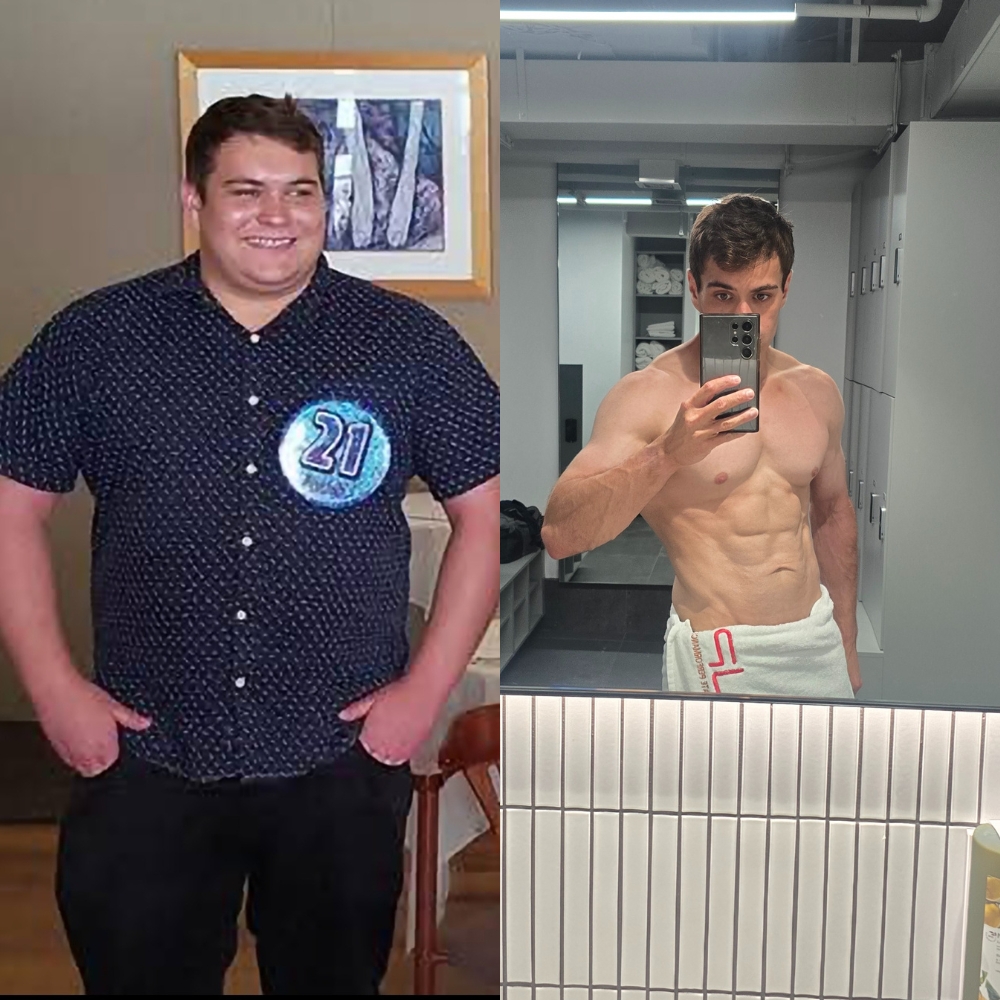FOR MANY OF us, the days of gathering round a dining room table for dinner have been and gone. A much more commonplace scenario nowadays is plating up a meal, sinking into the sofa, and switching on the TV. But have you ever thought about how bingeing your favourite show while eating might affect how much food you consume? Well, scientists have, and a recent study has taken a deep dive into this question, revealing that eating while distracted can lead to eating more – and not just at dinner time.
The study
In the review and meta-analysis published in Nutrients, researchers analysed 23 studies looking at how television impacts food intake. Participants, ranging from children to adults, either ate meals while watching TV or in a distraction-free setting. Scientists then measured how much food they ate – not just at that meal, but also at their next one. The goal was to see whether watching television distracted people from recognising how much they were eating.
The results
The study confirmed what some of us might have already guessed: watching TV while eating increases food intake. The surprising part, though? It doesn’t just affect that meal – it can also make you eat more at your next meal, too.
The analysis found that people who watched TV while eating consumed significantly more food at their next meal compared to those who ate without distractions. The reason? Scientists believe that when we don’t pay full attention to what we’re eating, our brains don’t register it as effectively – meaning we don’t feel as satisfied and end up eating more later.
What does this mean for us?
If you’re looking to keep your food intake in check, being mindful of your eating environment could make a big difference. Here are a few simple tweaks that can help:
Turn off distractions
Try eating at the table without screens. You might find you enjoy your food more and naturally eat less.
Slow down
Focus on chewing and tasting your food. This can help your brain register when you’re full.
Pay attention to portion sizes
Without TV distracting you, it’s easier to notice when you’ve had enough.
Use mealtime to connect
If you’re eating with others, make it about conversation rather than screen time.
The takeaway? Small changes, like eating without distractions, can help you better tune into your body’s hunger signals. Next time you sit down for a meal, consider swapping the mindless Netflix binge for some mindful eating – you might just eat less without even trying.
This article originally appeared on Men’s Health UK.
Related:















